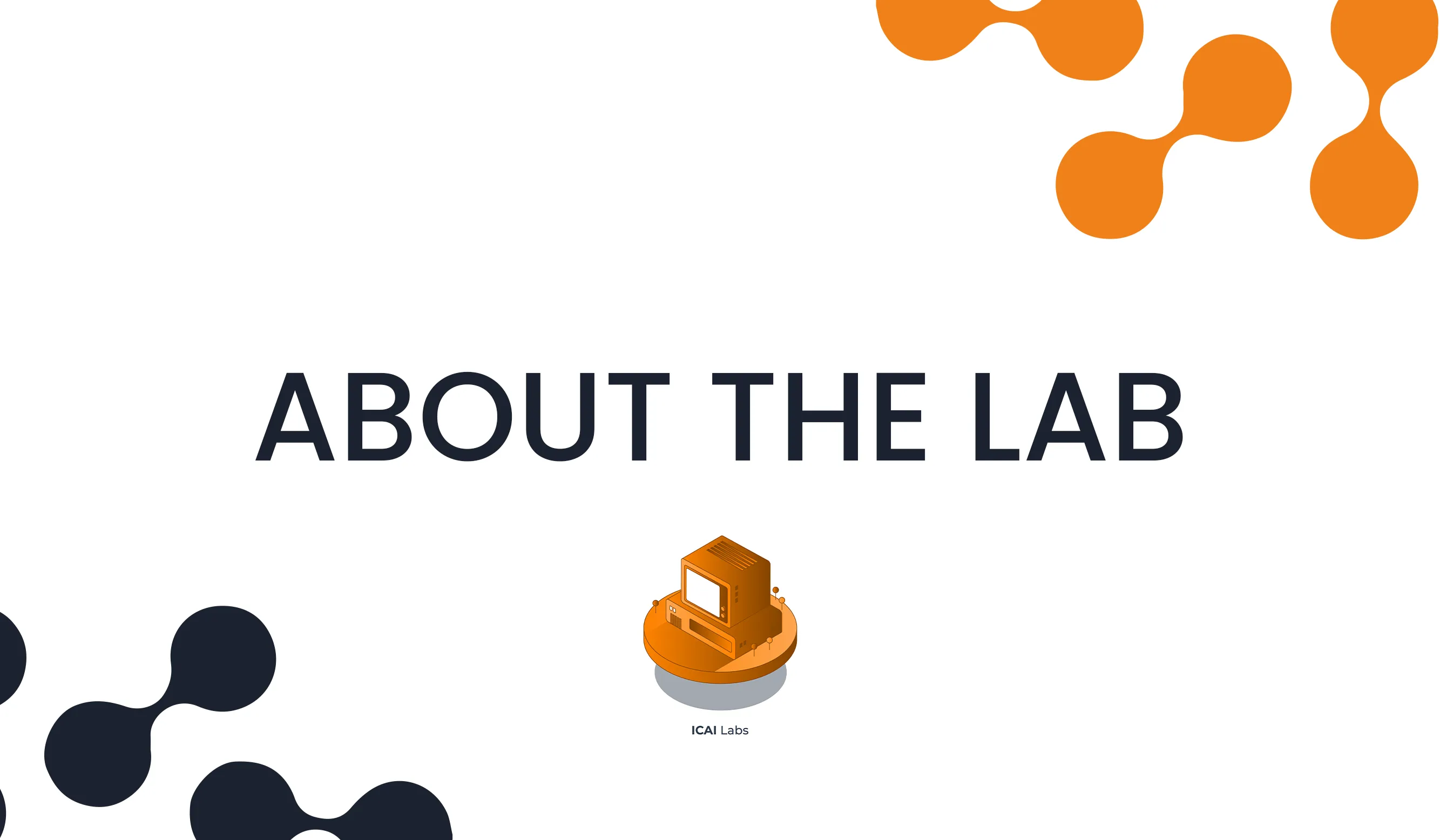REAiHL Lab
A collaboration between SAS Institute, Erasmus Medical Center, and Delft University of Technology.
The Responsible and Ethical AI for Healthcare Lab (REAiHL) is a collaboration between SAS Institute, Erasmus Medical Center and Delft University of Technology. The lab aims to develop and deploy AI technologies that are safe, transparent, and aligned with ethical principles to improve healthcare outcomes. Through synergistic efforts, the academic (ErasmusMC and TU Delft) and non-academic (SAS Institute) stakeholders will foster collaboration and innovation to advance the ethical use of AI in healthcare.
Our mission is to conduct research, design and implement AI systems, and translate the World Health Organization (WHO) ethical principles into clinically (and technically) feasible principles that can guide the development and deployment of AI technologies in healthcare. The WHO has identified six core principles for AI in healthcare, such as a clear allocation of responsibilities and ensuring fairness and applicability for each individual patient. We aim to ensure that the use of AI is aligned with ethical values and principles, including transparency, accountability, and fairness, while also improving healthcare outcomes for patients. We are guided in this work by the Design for Values and Ethics by Design approach that was also endorsed by the WHO as one of the fruitful ways to apply principles to an increasingly digitalized health care. Through collaboration with healthcare professionals, organizations, and regulatory bodies, we strive to promote the responsible use of AI in healthcare and advance the field towards a more ethical and equitable future of patient care.



Research projects
REAiHL’s research is designed to address various aspects of ethical AI in healthcare, such as privacy, bias, transparency, trustworthiness, explainability, and accountability.
Research will be conducted to formulate the concrete design requirements based on the WHO ethical principles, and guide the development and deployment of AI-based healthcare solutions across different clinical settings.
Research will be conducted with clinical use cases and bridge the gap between AI technologies and healthcare systems.
In addition to responsible design, the lab will also play an important role in demonstrating the clinical added value of developed AI models. To do so, improving systems integration for AI in healthcare may eventually help inform clinicians and patients in the shared decision making process, improve patient outcomes and thereby efficiency of healthcare.
PHD Students



.webp)

Partners
SAS Institute is an American multinational developer of analytics and artificial intelligence software. SAS develops and markets a suite of analytics software, which helps access, manage, analyse and report on data to aid in decision-making.
Erasmus Medical Center based in Rotterdam, Netherlands, affiliated with Erasmus University and home to its faculty of medicine, is the largest and one of the most authoritative scientific University Medical Centers in Europe.
Delft University of Technology (TU Delft) is a technical university in Delft. Top education and research are at the heart of the oldest and largest technical university in the Netherlands.



.svg)

